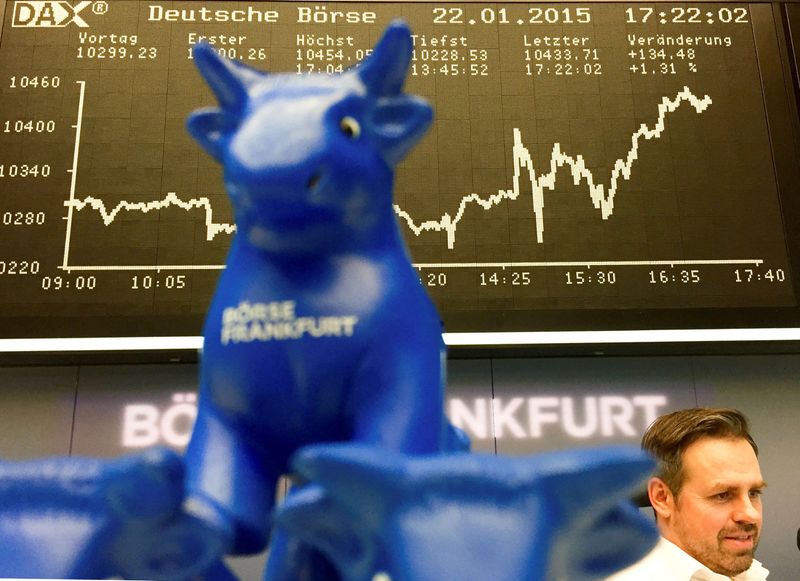European stocks closed higher on Tuesday as traders returned to real estate companies and awaited economic data that will influence the next policy moves of global central banks.
Europe’s region-wide Stoxx 600 rose 0.1 per cent, with investors snapping up shares of Swedish property companies that have been hit in recent months by fears that high interest rates would dent house prices and curb bank lending.
The Stoxx Europe 600 Real Estate index closed up 2.7 per cent, its biggest one-day rise in a month. Sweden’s Balder added 5.8 per cent and domestic peer Castellum rose 5.7 per cent. London’s FTSE 100 fell 0.1 per cent and France’s Cac 40 lost 0.2 per cent.
Overall trading volumes were thin as US markets were closed for the Independence Day holiday.
The gains in property offset declines in Europe’s industrial stocks, which slipped after two of the world’s biggest oil producers, Saudi Arabia and Russia, said they would cut supply next month in a bid to boost prices.
Brent crude, the international benchmark, added 1.9 per cent to $76.10 per barrel, while US marker West Texas Intermediate rose 2.1 per cent to $71.21.
Germany’s Dax lost 0.3 per cent after data showed the country’s exports decreased 0.1 per cent in the month to May, as high interest rates continued to weigh on its main trading partners. The reading fell well below analysts’ expectations of a 0.3 per cent rise.
“Trade is no longer the strong resilient growth driver of the German economy that it used to be but rather a drag,” said Carsten Brzeski, global head of macro at ING.
“The expected slowdown of the US economy . . . high inflation and high uncertainty will clearly have an impact on German exports,” he noted.
Traders prepared for the closely watched US payroll data to come out on Friday, in the hope of gauging the impact high interest rates have had on the economy 16 months into the Federal Reserve’s tightening campaign.
The US unemployment rate is expected to have inched down to 3.6 per cent in June, according to a Reuters poll of economists, in a sign that the labour market has remained relatively resilient to high borrowing costs.
“If you get a number which is close to consensus . . . equities would like it”, said Mohit Kumar, chief Europe financial economist at Jefferies.
“We could get a positive reaction from the equity market because the feeling will be that the Fed is close to done in its rate hiking . . . and the economy is still quite strong”, he noted.
Asian stocks traded higher after the Reserve Bank of Australia opted to hold interest rates steady at 4.1 per cent while policymakers watched for the impact of previous rate rises on the economy.
Policymakers were guided by a faster-than-expected decline in the country’s annual inflation rate, which dropped to a 13-month low of 5.6 per cent in May from 6.8 per cent a month earlier.
Australia’s S&P/ASX 200 stock index rose 0.5 per cent after the announcement, while China’s CSI 300 added 0.2 per cent and Hong Kong’s Hang Seng was up 0.6 per cent.
Source: Financial Times















